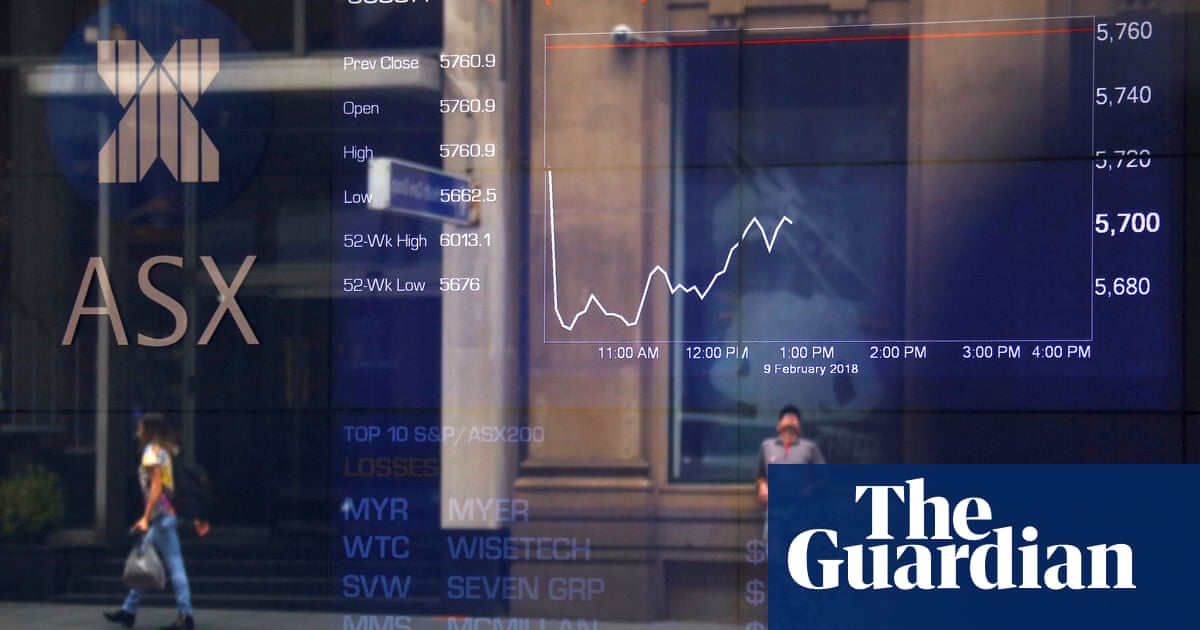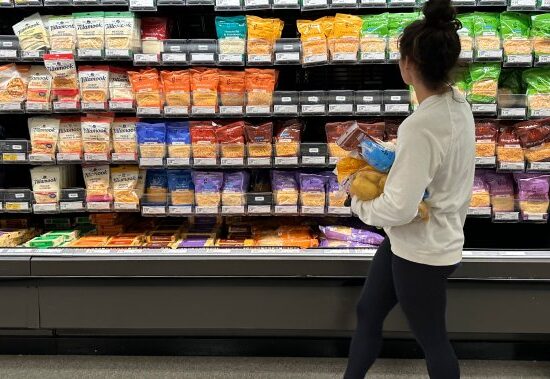
The retirement savings of many Australian workers will fall this financial year due to stock market tumbles driven by fears of economic weakness from the war in Ukraine and soaring interest rates and inflation.
While Australia’s economy grew by 3.7% in the year to March, the share market paints a gloomier picture, with Australia’s benchmark share index, the ASX200, down 5.7% so far this year, cutting into retirement returns.
But experts caution against pulling your money out of your superannuation fund, saying trying to pick the market can result in further losses.
Mano Mohankumar, a senior investment research manager at Chant West, which monitors super fund returns, said preliminary data for the month of May was pointing to stagnant returns for the median growth-focused super fund by the end of the financial year, 30 June.
Chant West data shows that median returns fell 1.2% in April, dragging the return for the first 10 months of the year down to 1.2%.
The company has yet to compile final performance figures for May.
“For the one month of May, we’re kind of looking at down about 1%, say, so net it is pretty flat,” Mohankumar said.
“We’re looking at the median that is pretty flat, so that will mean that some funds are in positive and some are negative.”
He said super was a long-term investment and retirement savers had done well over the past three years, despite the disruption to financial markets and the world economy caused by the Covid pandemic.
If the median fund does go backwards this financial year, it will be for only the fifth time since the introduction of compulsory super in 1992.
“This year comes on top of the second highest year return since the introduction of compulsory super in 1992, at 18%,” Mohankumar said.
“Even if you look at the year before, financial year 2020, even that year, super funds [had] a better than expected return – the loss was -0.6%.
“We always say you’ve got to keep in mind that super is a long-term investment and you don’t want to be distracted by short-term noise. Being distracted by short-term noise can really hurt your long-term outcomes.
“Attempting to time the market often results in inferior outcomes to staying the course. Shifting to a more conservative option after a period of sharemarket losses – you are locking in those losses and potentially missing out on the rebound.”
Sign up to receive an email with the top stories from Guardian Australia every morning
Dr Sarah Hunter, a senior economist and partner at KPMG, said sharemarket returns were decoupled from the economy because traders were looking towards potential returns in the future.
Globally, markets are concerned about the economic effect of the war in Ukraine, which is affecting the supply of commodities including neon and timber, and a slowdown in China, which is a key exporter of manufactured goods, she said.
Local concerns include inflation, especially soaring energy prices, and rising interest rates – both of which could cut household spending, which in turn will hurt businesses such as retailers.
“Fundamentally, when you own a share in a company that’s listed, you get the rate of return from that investment from two sources – dividends, which are very much a function of what might happen in the future, and also what will happen to the value of that share over time,” she said.
“They’re not really a reflection of what’s happening right now or what’s happened recently.”














